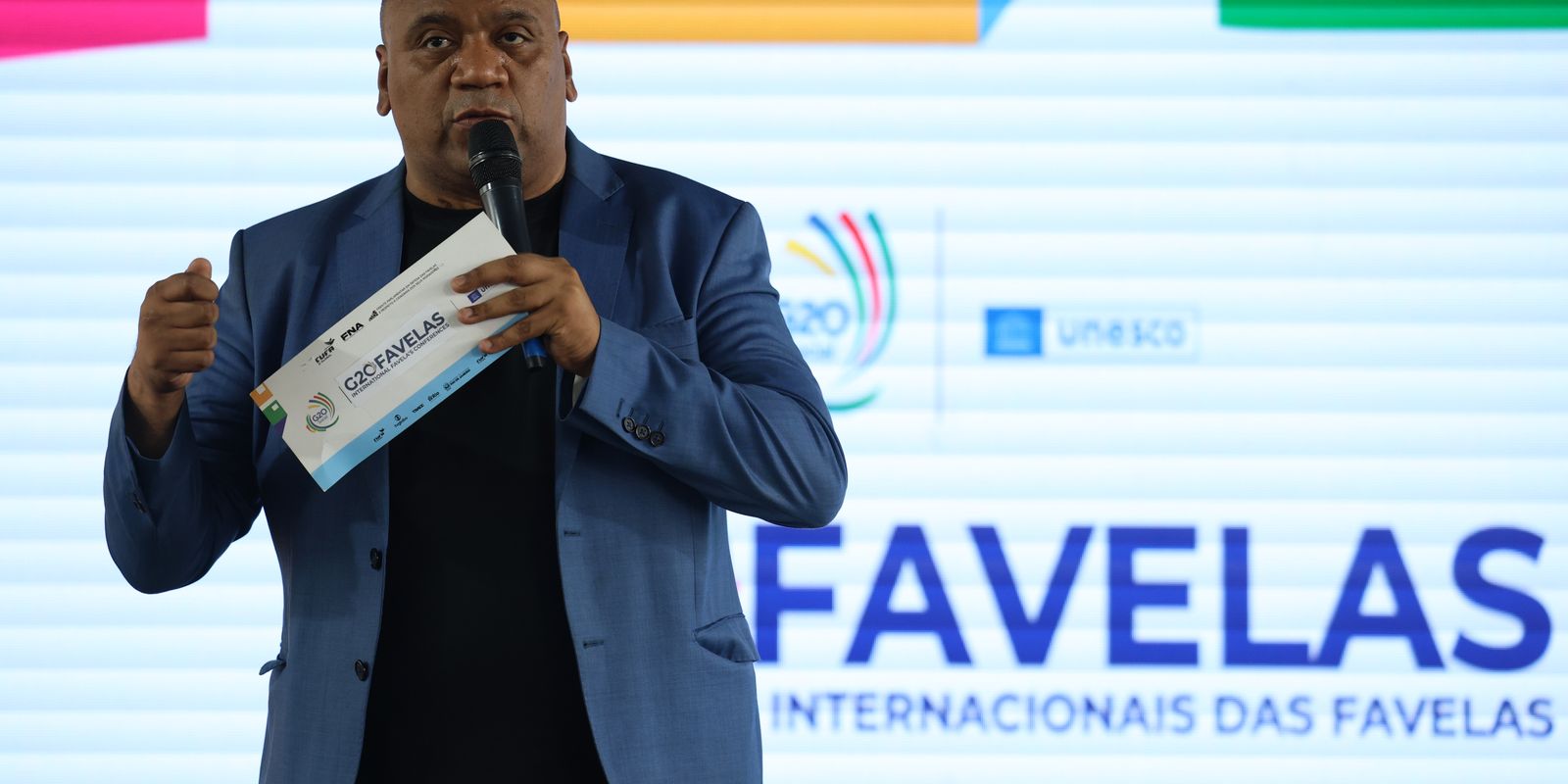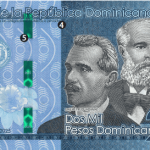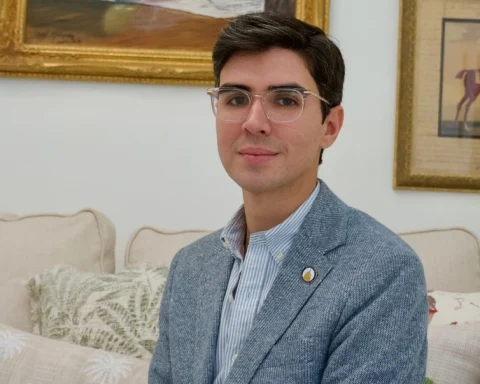The Central Única das Favelas (Cufa) is holding today (24) the state stage of the international favela conference, a critical moment in the preparation for the Global Favela Forum, which will take place in Rio de Janeiro. These state conferences, which are taking place simultaneously in 20 states of the federation, are a milestone in the process of engaging and involving favelas in important discussions for social development.
The aim is to produce a document where the consolidated proposals are presented and debated. This event is a step towards building a unified agenda to be taken to the G20 Social.
Cufa president Preto Zezé spoke about the importance of this meeting. “We are here, in a historic meeting, with the national recognition of the Brazilian government that presides over the G20, to trigger a series of important agendas, and we will show the world what the most powerful economies in the world need to know, which is a country called favela.”
The document will include suggestions from over 3,000 favelas, from which a compilation will be produced to be presented at the G-20 meeting in November in Rio. Preto Zezé said that tackling social inequality is a topic that everyone is debating. “Another central topic is entrepreneurship in the favelas, where people employ residents of the communities and generate savings and income. In addition, we have to focus on mobility, with the aim of improving the infrastructure of these places for the population. Our goal is to ensure that the people who live in these favelas have dignity.”
The president of Cufa also spoke about religions of African origin, such as Candomblé and Umbanda, which are in constant conflict with evangelicals. “In fact, there are several religions in the communities. There is Macumba, there is spiritualism, there is evangelicalism. What interests us is what the people in the community really want. Everyone has a religion, everyone takes the same bus, children go to the same daycare, and the community health clinics are frequented by all residents, and these are the central points that unite us.”
The Minister of the General Secretariat of the Presidency of the Republic, Márcio Macêdo, also participated in the State Conference of the Central Única das Favelas (CUFA). The G20 Favelas is an innovative initiative that puts favelas on the G20 map, led by CUFA, Central Única das Favelas and the National Anti-Racist and Parliamentary Fronts of Favelas, with the endorsement of UNESCO Brazil.
For Minister Márcio Macêdo, the integration of the perspectives of favelas into the global dialogue is a historic step within the G20 Social. “This is an unprecedented creation by Brazil, in the environment of the G20 heads of state. The debates are already taking place throughout the country and in the other 20 countries with the strongest economies in the world. The debates are about engagement, youth, audit courts, women, labor and social movements. The social movements of Brazil and these countries are holding their debates, such as Cufa, which is promoting the G20 Favelas, and this will culminate in the G20 Social, which will take place on November 14, 15 and 16, before the G20 Summit in Rio de Janeiro. We will produce a document that will be delivered to the heads of state.”
Minister Márcio Macêdo said that “this is one of the historical challenges of the Brazilian state, which is to improve management to achieve an institutional structure prepared to deal with the diversity of Brazilian democracy, not only expressed in the strength of organizations and social movements, but in the strength of the narratives expressed by society in movement, with the voices of people and communities who experience, at the forefront, not only the problems, but the solutions, thought from a local perspective, projected for a global scale”, he explained.
According to the minister, “this is the great innovation of G20 Social, which enthusiastically welcomes the extremely organized and strategic agenda and actions of G20 Favelas. President Lula often says that there is no public policy that can be implemented without social participation. The place to make public policy is on the streets,” said Macêdo.

















